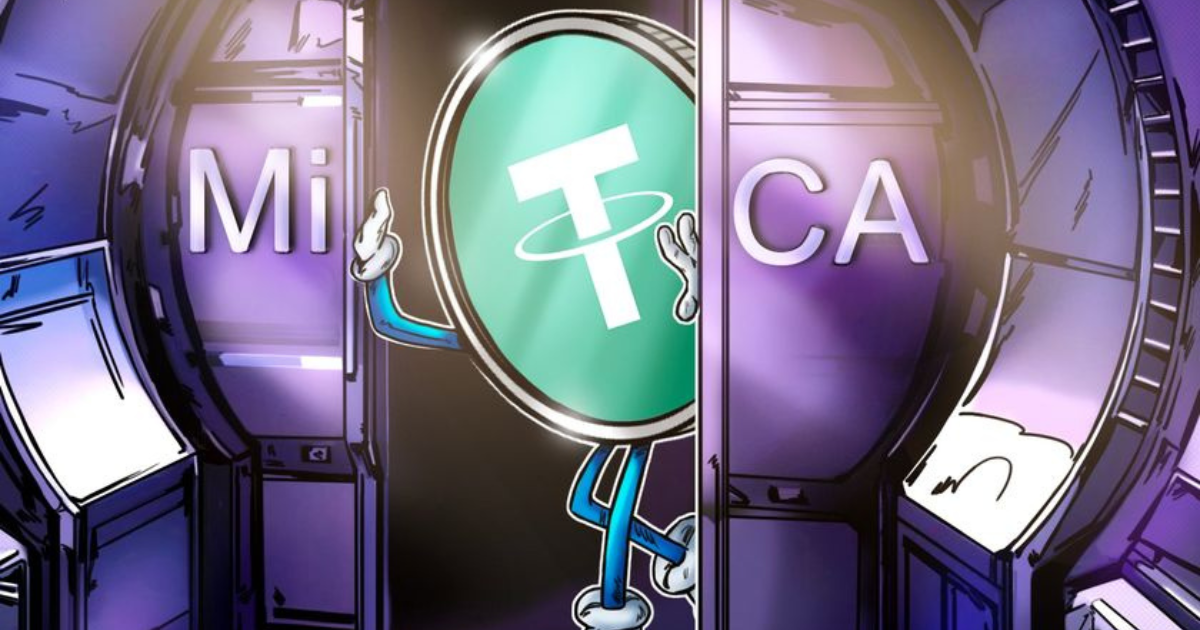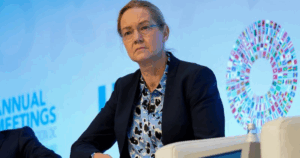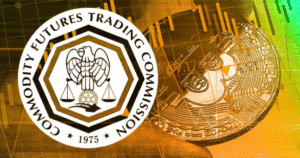Despite the serious consequences it may experience, Tether is publicly refusing to comply with Europe’s new crypto regulation, MiCA. Rather than meet the strict new rules, the largest stablecoin issuer pulled out of those European markets. This is why USDT made the move it did.
Key Takeaways:
- Tether argues that MiCA’s rule for 60% European bank reserves in stablecoins would result in more systemic danger than more stable areas.
- Considering privacy worries, the company does not want to develop digital euro surveillance technologies until approved by European law.
- USDT helps people in developing countries with weak currencies, so the U.S. market is more valuable to the company than European approval.
- Tether’s move to El Salvador shows that for major crypto firms, regulatory arbitrage is still an option.
Banking Requirements Create New Risks

Part of the MiCA rules requires outstanding stablecoins to keep 60% of their assets at banks in the European Union. Paolo Ardoino, CEO of Tether, is vehemently against the idea. He thinks that putting aside all those reserves with just a few traditional banks brings higher risk than keeping them safe.
If stablecoins are used in great demand, banks could face difficulty in withdrawing enough funds. There is a risk that this could set off both a banking crisis and a stablecoin crisis. Rather, USDT elects to have US Treasury bonds in its reserves because they are more liquid and secure than most of its alternatives.
The business explains that when markets are stressed, US Treasuries can be redeemed more quickly. During busy times, traditional banks are not as flexible as these new card systems are.
Digital Euro Privacy Concerns

Tether does not trust Europe’s plan for a digital euro. Ardoino cautions that with centralized digital currencies, people’s financial privacy is at risk. He worries authorities could view all his past and future payments and influence his spending choices.
Although the European Central Bank claims to protect privacy, USDT is still unsure. Those who are concerned about privacy worry for the same reasons about government oversight of payments. USDT is concerned that giving a single party such control over money sets wrong examples.
Target Markets Lie Outside Europe
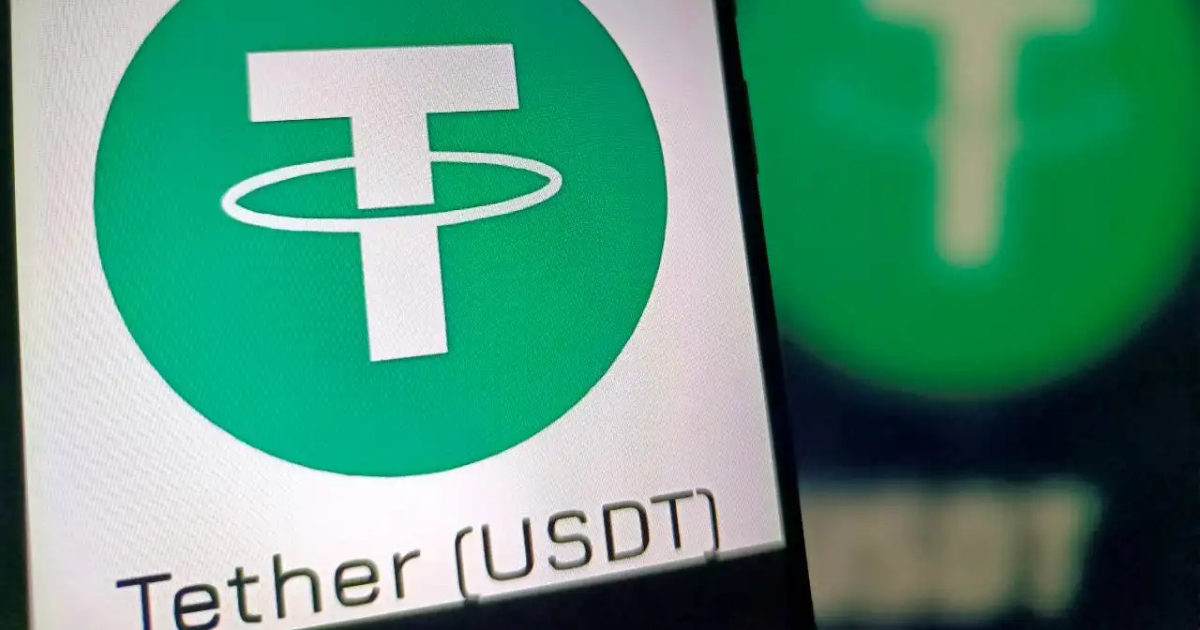
Tether is favored by people in developing countries who use unstable currencies. Many people in Turkey, Argentina and Nigeria look to USDT for stability in their finances. Dollar-related services are more important to these markets than compliance with European rules.
Complying with MiCA laws would take away funds that USDT currently gives to important markets. Many people rely on USDT for their economic livelihood, so USDT is not walking away from them. One reason Turkey has 16% adoption of cryptocurrencies is that its currency has devalued.
Regulatory compliance is less important to USDT than making financial services available to all in wealthy parts of the world. The company believes it offers necessary services where regular banking has its difficulties.
Expensive Licensing Burden
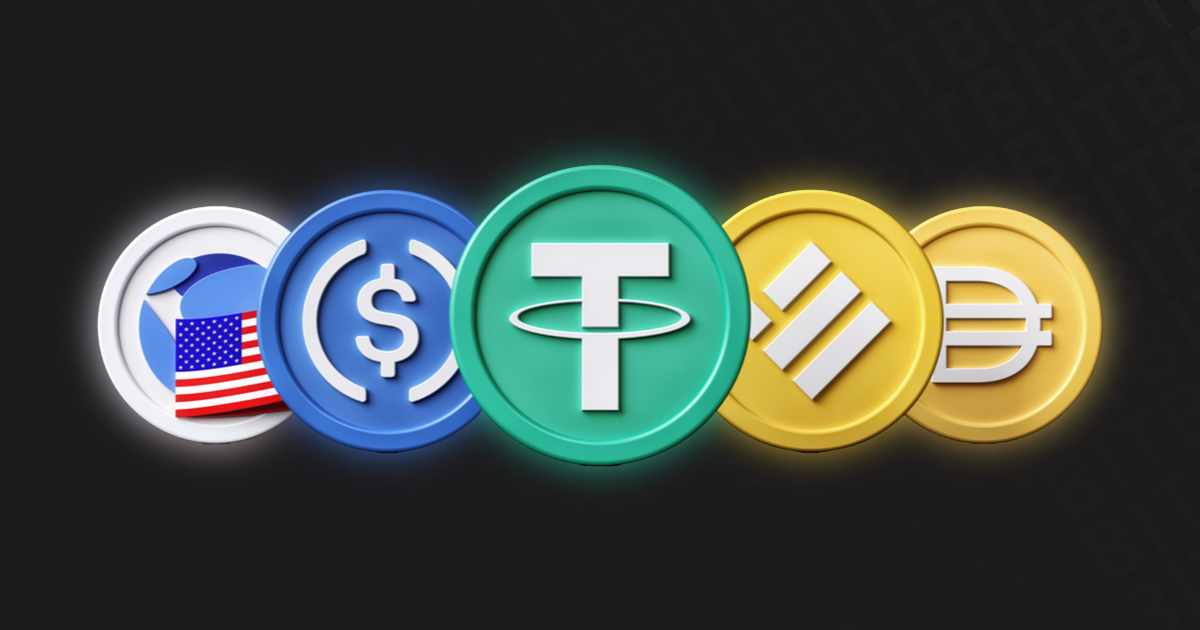
According to MiCA, stablecoin issuers are required to have an electronic money institution license. It takes both a lot of time and money to acquire these licenses. From USDT’s perspective, this step is too much red tape that doesn’t really help protect users.
You need to complete a lot of paperwork and continue paying fees to the government after you gain a license. Because some requirements are hard for smaller firms, the level of competition in the market can drop. The company believes that the current level of transparency is sufficient.
Regulatory Arbitrage Strategy
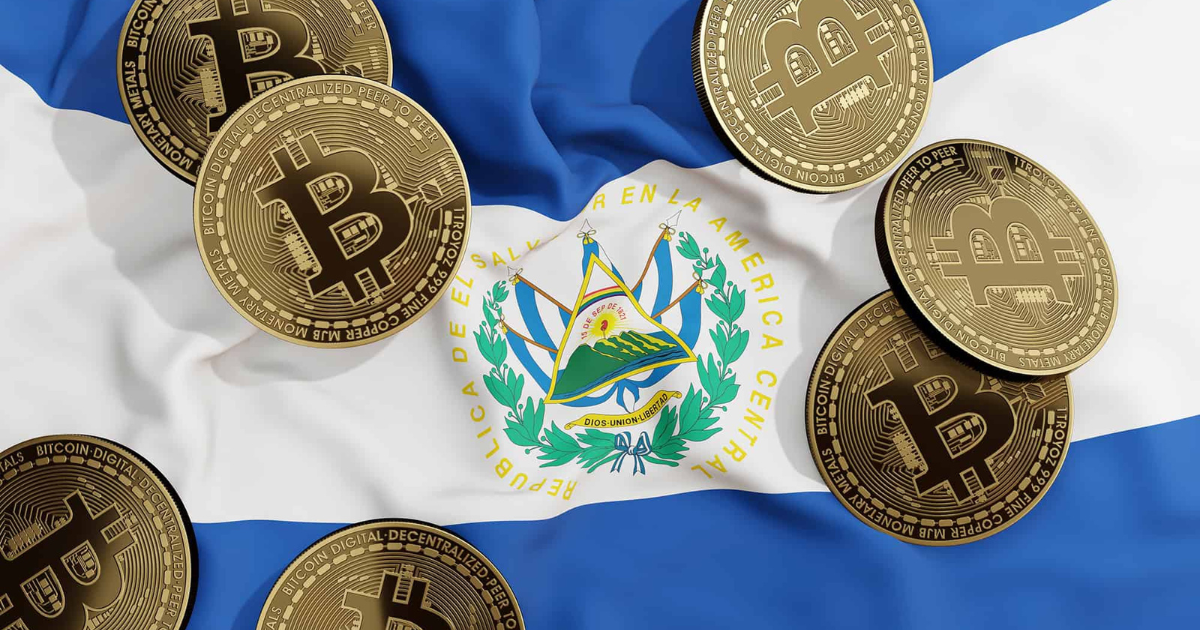
Tether has moved from one country to another to get rules it can follow. Following its reluctance to adopt MiCA, the company moved its headquarters to El Salvador, where crypto is valued. With this strategy, Switzerland can operate normally, while avoiding European rules.
Crypto firms find El Salvador to be eager to support them with few obstacles from regulators. Without breaking its model, USDT avoids encountering compliance fees. This method, meanwhile, raises doubts about how enforceable regulations can be when moving overseas is possible for companies.
Conclusion: Tether and MICA against the crypto market

To comply with MiCA, Binance and Kraken in Europe removed USDT trading pairs which decreased the amount of liquidity and led to wider differences between asked and bid prices. For this reason, Eurozone traders have only a few options for trading with stablecoins. The refusal of USDT proves that cryptocurrency regulations differ from nation to nation, adding to overall confusion in this market.





